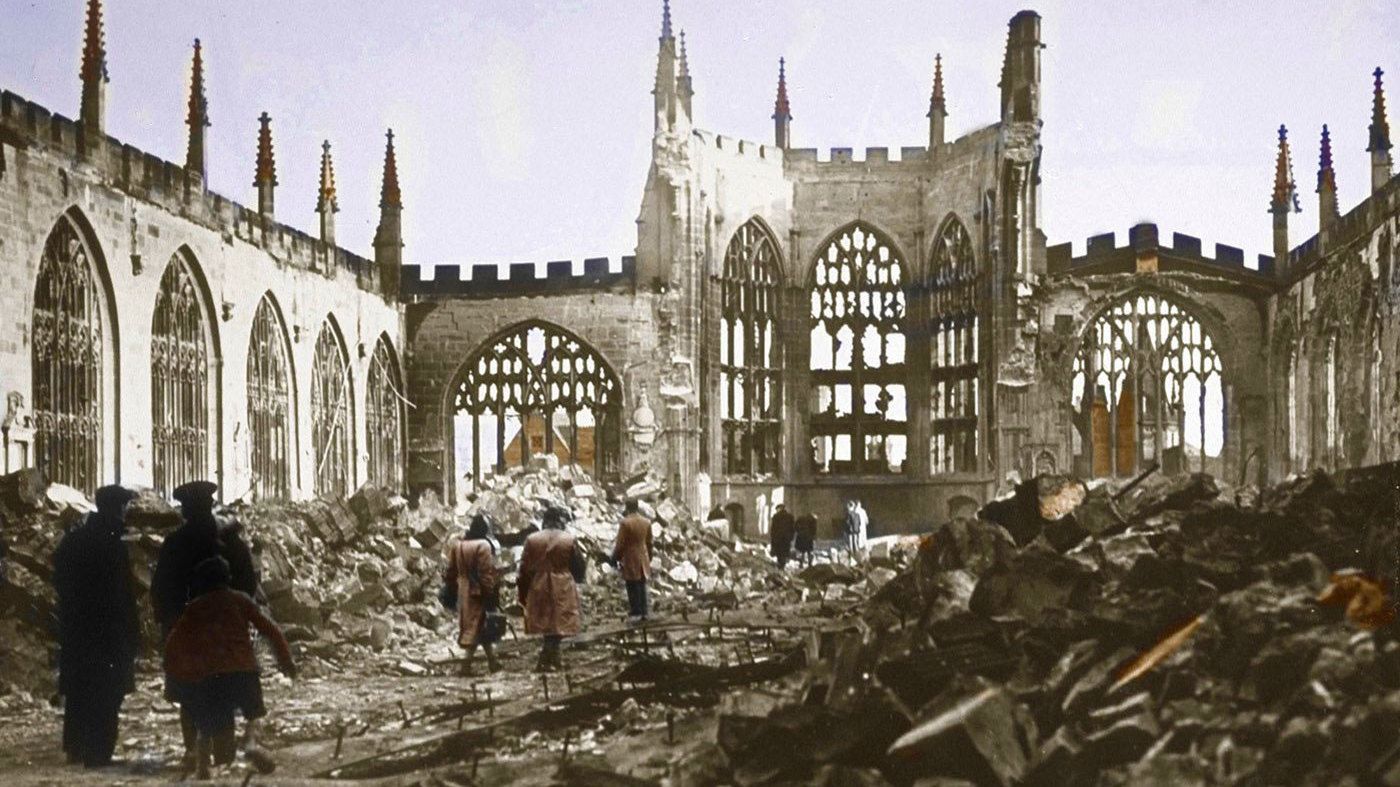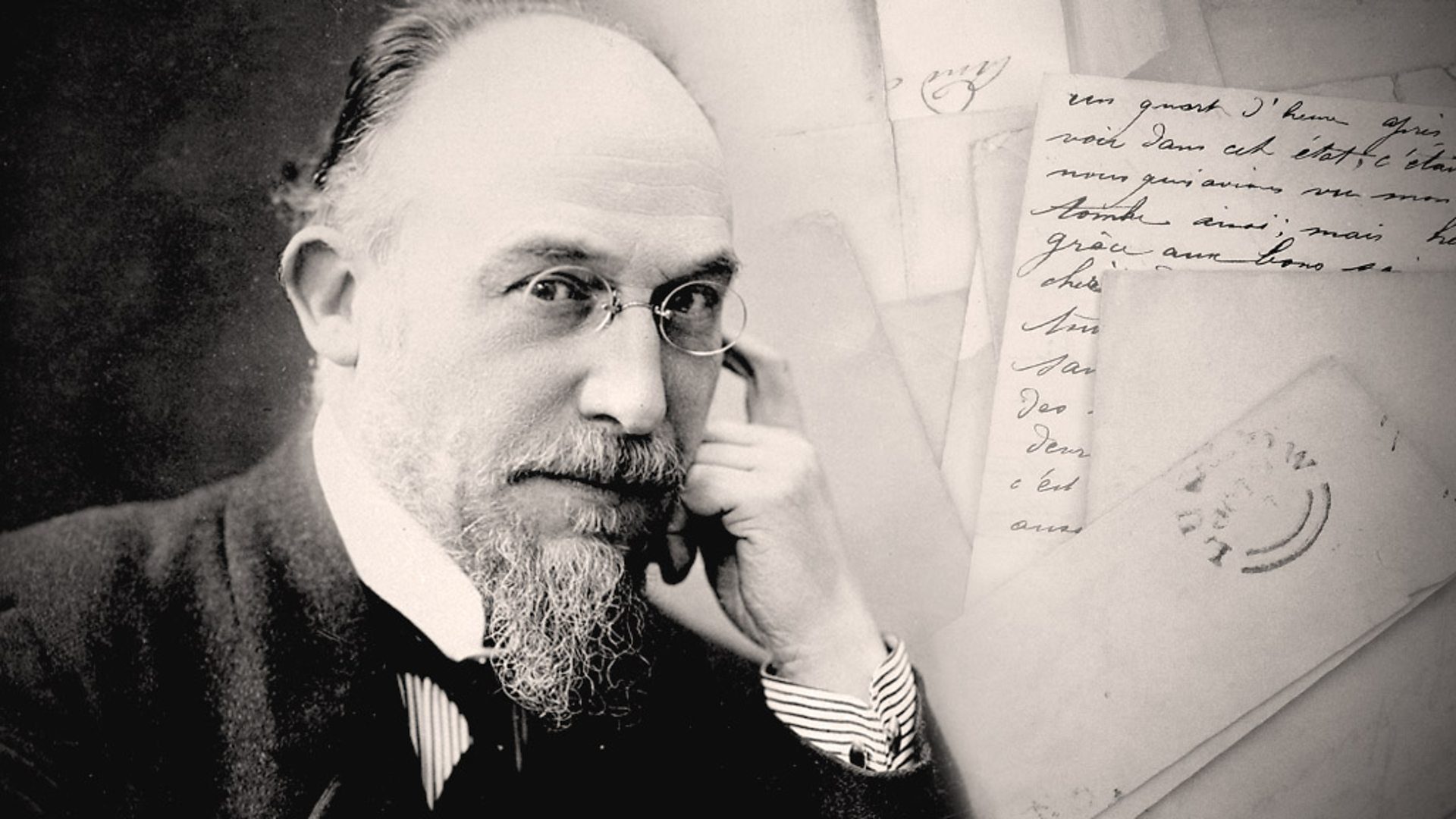Britten’s “Peter Grimes”: The Individual Against the Crowd
Benjamin Britten’s 1945 tragic opera, Peter Grimes, is a dark story of isolation and alienation- the solitary social outcast set against the collective insanity and “mob rule” of the crowd. For the composer, a homosexual, staunch pacifist, and conscientious objector during the Second World War, it was a subject very close to my heart — the struggle of the individual against the masses. The more vicious the society, the more vicious the individual. The …







